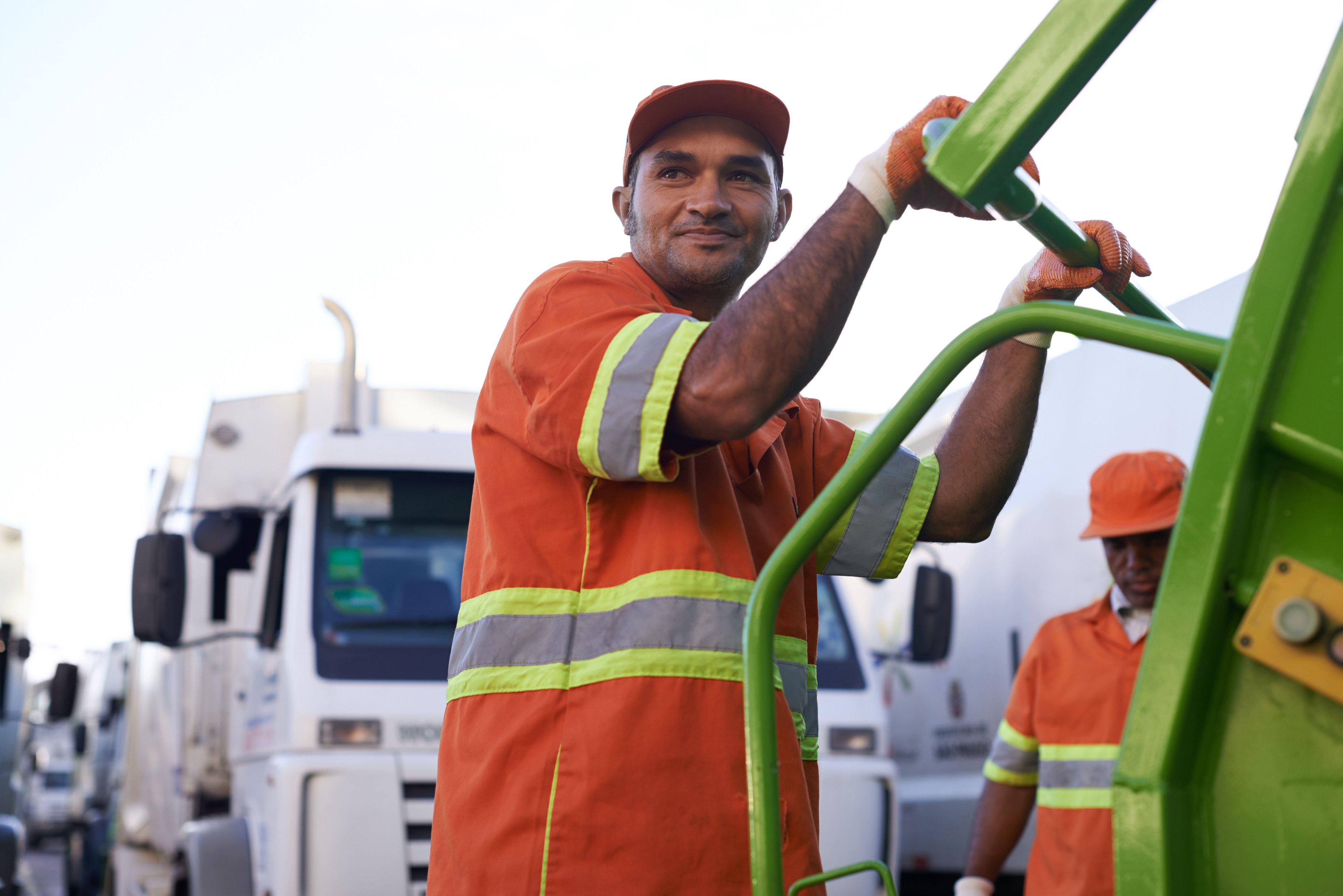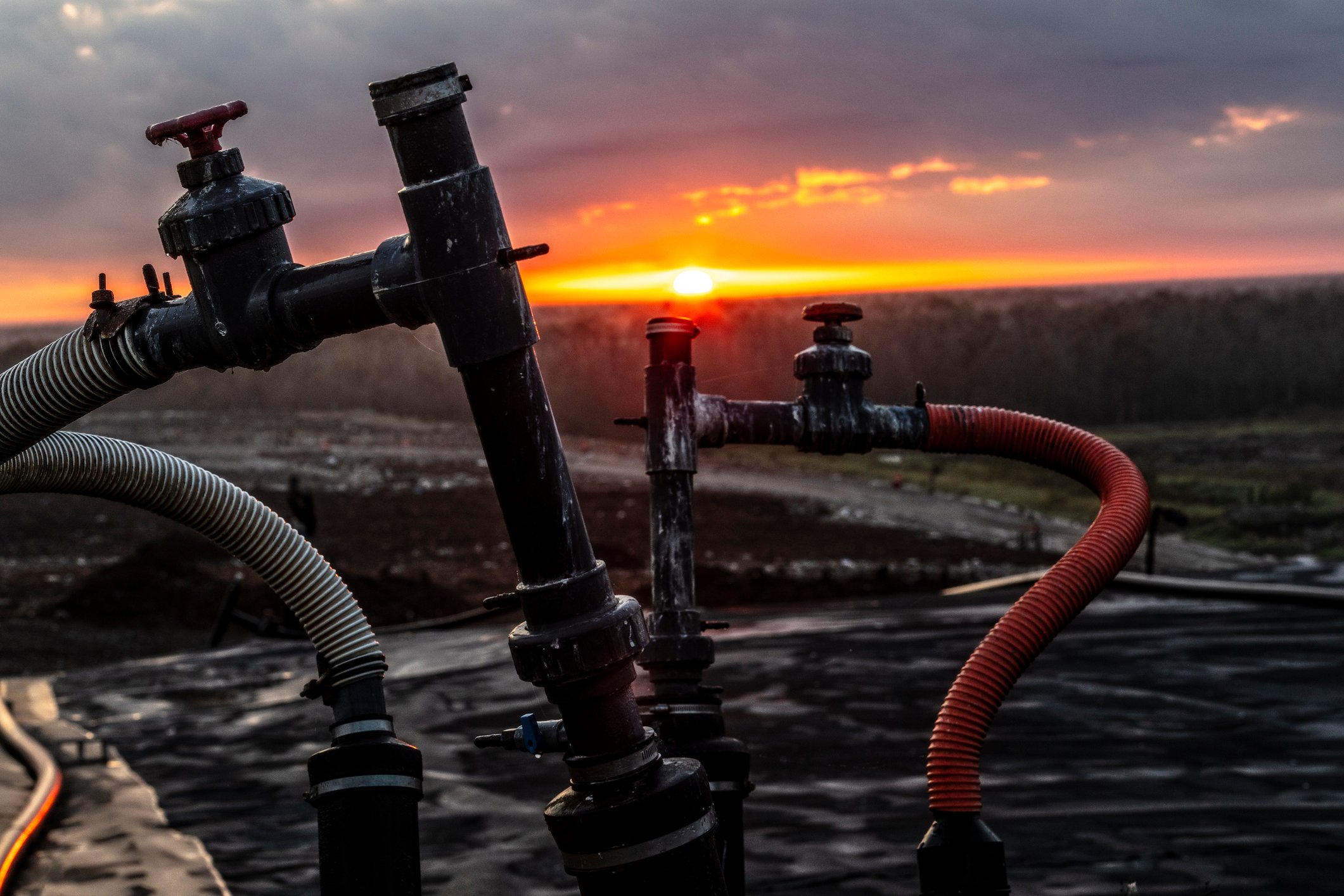Dividends have been under pressure this year due to the impact the COVID-19 outbreak is having on the economy. Several companies have reduced or suspended their payouts due to the near-term uncertainty. Many more will likely follow in the coming months, especially if the economy doesn't quickly bounce back.
However, not all dividends are at risk. Many companies have the financial strength to not only sustain their payouts through this rough patch, but also keep paying them for years to come. Three such durable dividend stocks are water utility American Water Works (AWK 1.26%), renewable energy giant NextEra Energy (NEE +1.28%), and waste and recycling giant Waste Management (WM +0.59%).

Image source: Getty Images.
Steady cash flow
American Water Works has a rich history of growing its dividend. The water utility has increased its payout each year since its initial public offering in 2008. It expects that trend to continue for at least the next several years. Driving that view is the durability of its business model, the strength of its financial profile, and its growth outlook.
As the largest publicly traded water and wastewater utility in the country, American Water Works benefits from stable demand for its services, as well as government regulated rates. As a result, it produces steady cash flow.
The company typically pays out 50% to 60% of this money each year to support the dividend. It uses the cash it retains to grow its water utilities via organic expansions and acquisitions. It supplements that funding source with its top-tier balance sheet, which features one of the highest credit ratings in the utility sector.
That strong financial profile leads the company to estimate it can invest more than $20 billion over the next decade to grow its business. This investment level should support 7% to 10% earnings-per-share growth through 2024, along with similar increases in its dividend. That growth trend should continue well beyond that timeframe, given the stability of the water sector and the conservative nature of American Water Works' financial profile.
High-powered dividend growth
NextEra Energy has treated dividend investors well over the years. The electric utility has grown its payout at a 9.4% compound annual rate since 2004. It expects that trend to continue for at least the next several years, with it currently foreseeing dividend growth of 10% per year through at least 2022.
Several factors power that view. For starters, NextEra generates very stable cash flow backed by regulated rates at its utilities and long-term, fixed-price contracts at its renewable energy operations.
On top of that, it has a low dividend payout ratio of 60%, which is comfortably below the sector average of 65%. Meanwhile, the company has one of the highest credit ratings among the country's large electric utilities. Those factors give it the financial flexibility to make acquisitions and organically expand its renewable energy operations, which should power continued dividend growth in the years ahead.
Turning trash into dividend cash
Waste Management has increased its dividend for more than 15 straight years, including growing it by about a 6% annual rate over the last five. That trend should continue given the durability of its business and the strength of its financial profile.
Waste collection volumes tend to be relatively stable, though they're not as recession-resistant as demand for utility services. The company offsets some of that impact by having a strong financial profile, which includes an excellent credit rating and conservative dividend payout ratio that averages between 40% to 50% of its free cash flow.
Those factors provide it with lots of cushion during downturns, as well as the flexibility to make investments that grow its business, both organic expansions and acquisitions. Those factors should enable Waste Management to continue paying dividends in the decades ahead.
Durable dividends
American Water Works, NextEra Energy, and Waste Management operate essential businesses that tend to generate steady cash flow in most market environments. They complement that stability by maintaining conservative financial profiles.
Because of that, these companies appear poised to continue paying a dividend in the decades ahead, making them great stocks for income investors to hold for the long haul.







